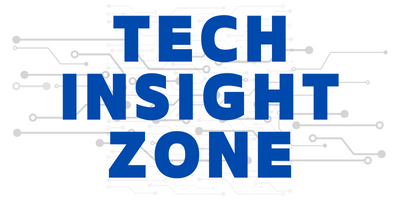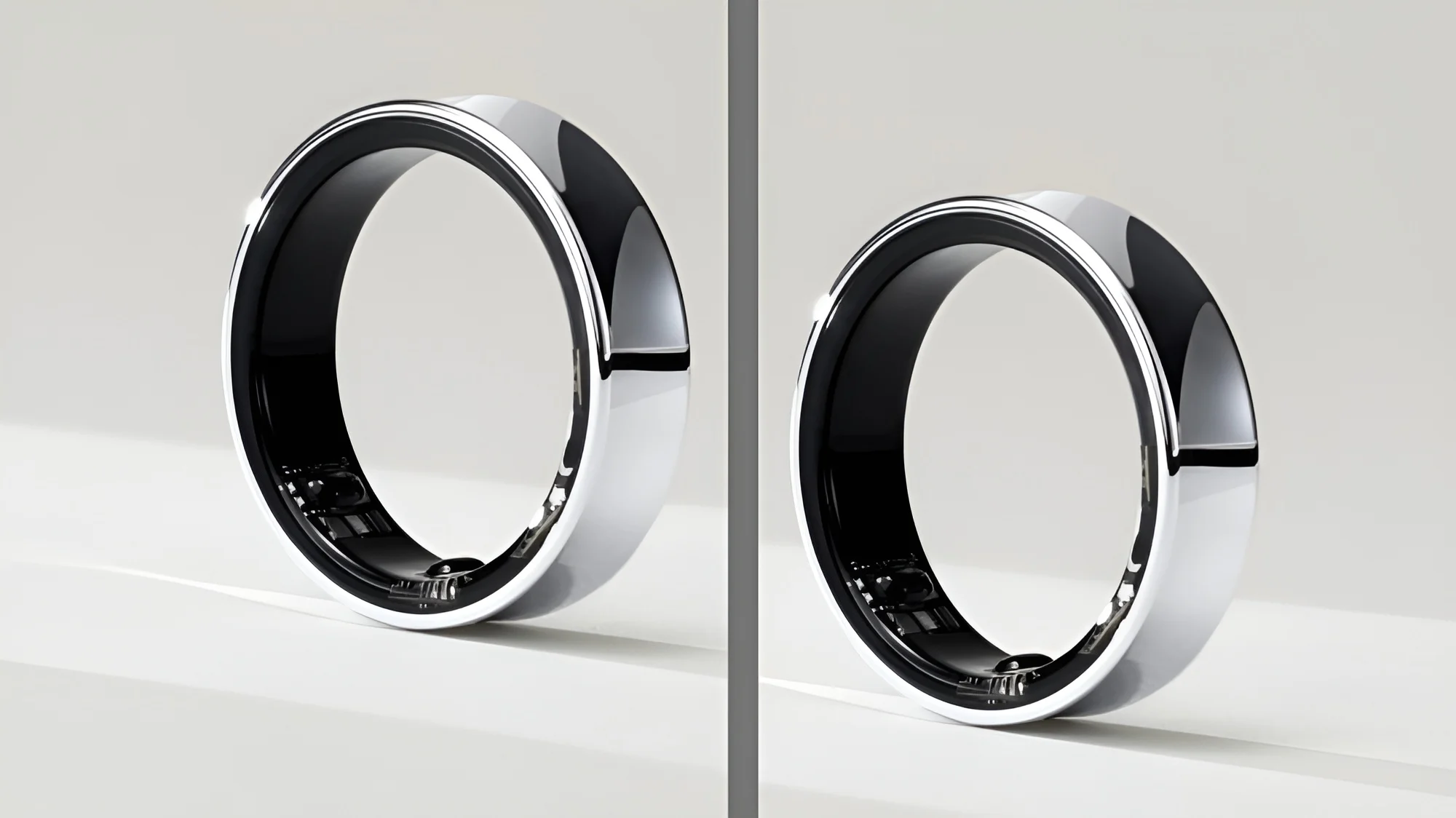As the world grapples with an increasingly complex health landscape, Samsung has unveiled an ambitious vision for the future. Their approach?
Samsung has officially thrown its hat into the burgeoning smart ring market with the Galaxy Ring, unveiled at the recent Mobile World Congress in Barcelona.
A comprehensive yet simplified experience that leverages the power of connected devices, AI-driven insights, and a focus on preventative care.
This new addition to the Galaxy ecosystem promises a user-centric approach to health tracking, aiming to complement, not replace, its existing Galaxy Watch line.
Let’s dive deep into the new era of wearable technology!
A Ring for (Almost) Everyone: Expanding User Choice and Compatibility
The Galaxy Ring prioritizes user choice and caters to various preferences. Unlike smartwatches with their notifications and screens, the ring offers a more passive and discreet health-tracking experience. This caters to users who value simplicity and a less intrusive approach to monitoring their well-being.
Furthermore, Samsung acknowledges the diverse needs of its customers. The ring’s compatibility with existing Galaxy Watches allows users to leverage both devices simultaneously for enhanced data collection and insights.
However, the ring can also function independently, appealing to users who prefer a singular, unobtrusive health tracker.
While the current focus is on Android compatibility, Samsung’s aspirations extend beyond. Their ultimate goal, as hinted by Pak, is to create a product so compelling that it entices users to switch operating systems, although iOS compatibility remains unconfirmed for now.
Unveiling the Galaxy Ring: A Feature-Packed Powerhouse on Your Finger
The Galaxy Ring boasts an array of health-tracking features, placing emphasis on sleep monitoring. It utilizes sensors to track heart rate, respiratory rate, night movement, and sleep latency, providing a comprehensive picture of your sleep quality.
Beyond sleep, the ring delves into menstrual cycle tracking, potentially rivaling established players like Movano’s Evie Ring. This aligns with Samsung’s existing partnership with the FDA-approved Natural Cycles app, further solidifying their commitment to women’s health.
The “My Vitality Score” feature, launching alongside the Galaxy Watch 6, is another noteworthy addition. This score, based on a model developed by the University of Georgia, measures alertness and provides personalized recommendations for improved well-being.
Additionally, “Booster Cards” offer actionable insights based on the data collected by your Samsung devices, including the Galaxy Ring. These cards, powered by scientific research, guide users towards healthier habits, fostering a more proactive approach to personal wellness.
Questions Remain: Battery Life, Pricing, and the Future of Smart Rings
While details like battery life and pricing are yet to be revealed, Samsung is actively working on optimizing these aspects. The prototypes showcased at MWC displayed varying battery capacities based on ring size, hinting at potential differences in battery life between the final models.
The pricing strategy remains shrouded in mystery as well. Samsung currently offers a free tier for its Samsung Health service, but a future premium model or subscription-based service is not out of the question.
This aligns with the approach adopted by competitors like Oura and Fitbit, raising questions about the value proposition Samsung will offer to justify potential subscription costs.
Looking ahead, the Galaxy Ring’s impact on the future of smart rings remains to be seen. With established players like Oura already boasting a strong patent portfolio, potential legal battles over intellectual property cannot be entirely ruled out.
However, Samsung’s entry undoubtedly validates the smart ring market, potentially leading to increased competition and innovation in this burgeoning space.
Conclusion: The Future of the Wearable Tech Industry
The Galaxy Ring signifies Samsung’s strategic intent to establish itself as a leader in the digital health domain.
By offering a user-centric approach, diverse compatibility options, and a feature-rich health-tracking experience, the ring has the potential to appeal to a broad audience.
While questions about battery life, pricing, and future developments linger, the Galaxy Ring undoubtedly marks a significant step forward for Samsung and the wearable tech industry as a whole.
As the market evolves and competition intensifies, it will be intriguing to see how the Galaxy Ring carves its niche and shapes the future of health-focused wearables.
Additionally, Samsung is developing eco-friendly phone cases. Check out this article for more information from Samsung.




